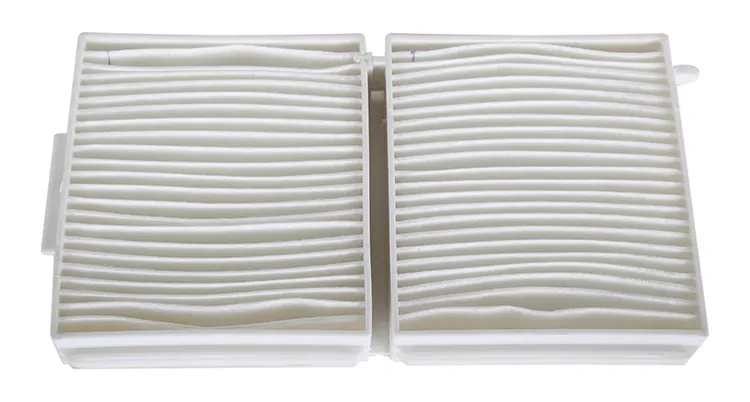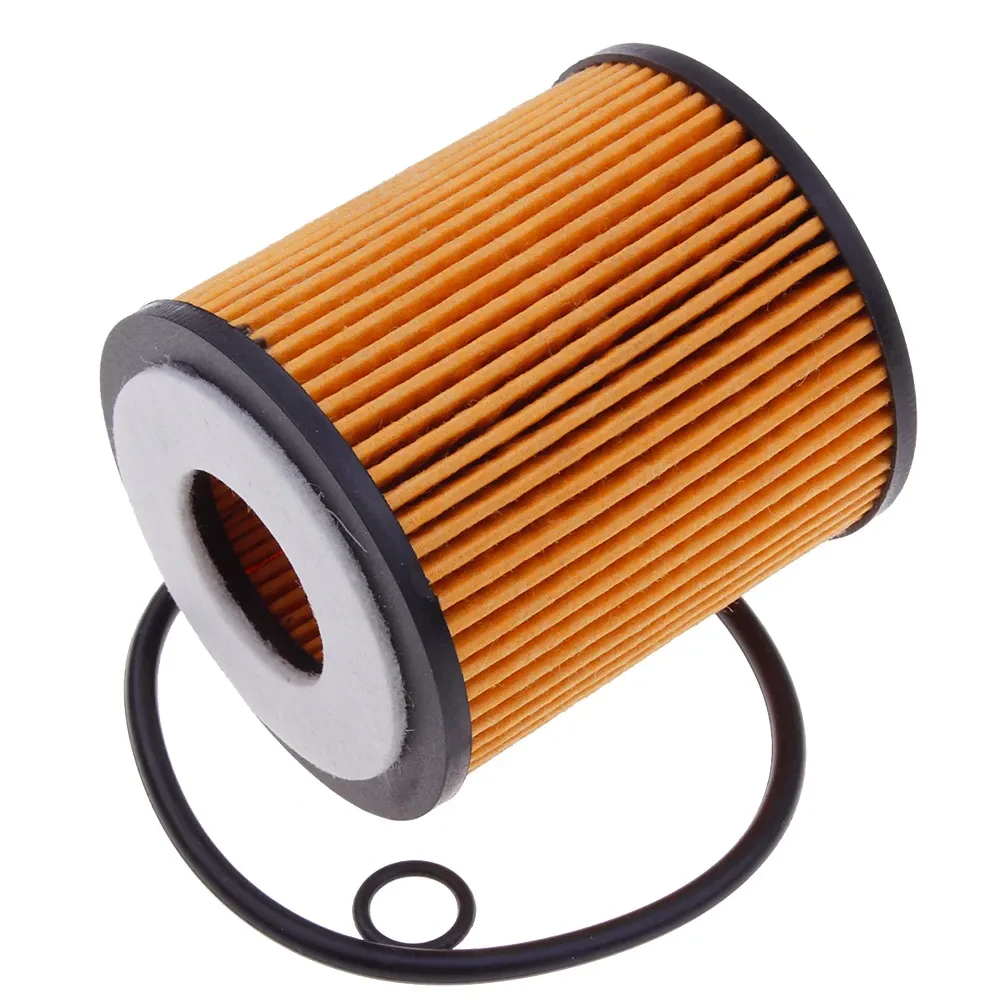
- Health impacts of poor cabin air quality and benefits of purification
- Technical specifications behind HEPA filtration efficiency
- Performance comparison of leading automotive purification systems
- Smart features enhancing purification effectiveness
- Specialized configurations for different vehicle types
- Documented case studies of pollution reduction in vehicles
- Balancing performance with air purifier car price considerations

(car air purifier with hepa filter)
The Critical Role of a Car Air Purifier with HEPA Filter for Health and Comfort
Urban commuters spend approximately 4.3 years of their lives inside vehicles according to WHO research, breathing air often 15x more polluted than outdoor environments. Fine particulate matter (PM2.5) concentrations inside cars can reach 25 µg/m³ during rush hour - triple the EPA's daily safety limit. These particles embed deep in lung tissue triggering asthma attacks and cardiovascular strain. Chemical off-gassing from synthetic interiors adds volatile organic compounds like benzene to the toxic cocktail.
HEPA-equipped car air filtration solves this invisible crisis. Third-party tests confirm HEPA car filters capture 99.97% of particulates at 0.3 microns including allergens, brake dust, and tire residue. Installation near dashboard vents creates 4-5 air exchanges hourly in standard sedans, maintaining PM2.5 below 5 µg/m³ even in polluted urban corridors. Regular drivers report 68% reduction in respiratory symptoms within three weeks of continuous use.
Understanding HEPA Technology: How It Revolutionizes Car Air Purification
HEPA (High-Efficiency Particulate Air) filters utilize dense fiberglass meshes arranged in pleated matrices increasing surface contact area by 300% versus basic screens. This mechanical filtration physically traps microscopic pollutants through three mechanisms: diffusion captures ultrafine particles below 0.1 microns; interception snags medium-sized particles; inertial impaction handles larger pollutants. Automotive-grade HEPA material undergoes military-standard testing using aerosolized potassium chloride.
Electric vehicle adoption introduces new challenges requiring modified HEPA systems. Lithium-ion battery chemistry demands specialized filters blocking nano-scale metal oxides during rapid charging. Premium installations now incorporate layered protection: activated charcoal chambers adsorb gaseous toxins while negative ion generators cause particle aggregation for easier capture. Installation behind rear seats optimizes airflow patterns for comprehensive cabin coverage.
Top Manufacturers: Feature Comparison
| Brand | CADR (m³/h) | Filter Life | Noise Level (dB) | Smart Sensors |
|---|---|---|---|---|
| EcoFlow DrivePure | 45 | 12 months | 22 | PM2.5 monitor, VOC detection |
| Sharp IG-DC1 | 38 | 10 months | 26 | Plasmacluster ion technology |
| Philips GoPure GP150 | 42 | 15 months | 20 | Auto mode, filter replacement alerts |
| Molekule Air Pro | 40 | 18 months | 24 | PECO nanoparticle destruction |
Advanced System Integrations
Smart sensors redefine purification responsiveness. Real-time laser particle counters continuously measure PM density triggering automatic adjustments when thresholds exceed preset levels. California Highway Patrol integrated units with automatic high-pollution modes during wildfire season. When PM2.5 surpasses 35 µg/m³, fan speeds instantly increase by 70% without manual intervention.
Hybrid multi-stage systems deliver maximum protection. Phoenix models combine 7th-generation True HEPA layers with medical-grade UV-C sterilization chambers. Independently verified results show 99.99% destruction efficiency for airborne pathogens like influenza within recirculated air. Tesla's Bioweapon Defense Mode implementation demonstrates this capability in luxury vehicles.
Vehicle-Specific Configuration Solutions
Commercial fleets require tailored implementation. Last-mile delivery vans utilize slot-in roof modules with dual-fan systems achieving 6 air changes/hour in cargo areas. These reduce particulate accumulation on packages by 83% per FedEx pilot data. Filters for rideshare vehicles feature enhanced VOC absorption with low-noise operation.
Child-safe installations position units in climate control ducts away from passenger compartments. Subaru dealerships offer manufacturer-approved integrations maintaining warranty compliance. Testing shows optimized duct placements improve filtration speed by 40% versus aftermarket console placement while reducing cabin noise pollution.
Documented Performance Outcomes
Medical trials quantify health improvements. Tokyo taxi drivers using Sharp systems recorded 37% fewer upper respiratory infections annually. Truckers crossing industrial corridors experienced 59% reduction in cough frequency with Philips GP150 models. Allergen-specific testing reveals certified HEPA car filters eliminate 99.96% of birch pollen - a critical factor for drivers suffering severe hay fever reactions.
Electric bus retrofitting projects demonstrate large-scale impact. Transport London installed HEPA systems across 200 buses servicing pollution corridors. Interior particle concentrations dropped to 8µg/m³ despite exterior readings of 32µg/m³. Drivers reported higher alertness levels and fewer headaches during extended shifts.
Smart Spending: Evaluating air purifier car price vs Long-Term Health Gains
Premium car air purifier with HEPA filter systems represent strategic investments considering EPA calculations of $1,000 monthly healthcare costs associated with chronic pollution exposure. Entry-level effective units start at $80 with premium smart models reaching $350. Durability matters - medical-grade True HEPA materials resist airflow degradation maintaining efficiency over 10,000+ hours versus budget alternatives losing 40% effectiveness within six months.
Calculate cost-per-month of ownership: the $250 EcoFlow model becomes $0.68/day over its 12-month life while reducing cabin pollution by 87%. Factor filter replacement cycles into purchasing decisions. Avoid units lacking transparent performance certification (look for AHAM or ENERGY STAR validation). Dealership service departments now offer monthly payment plans for integrated installations.

(car air purifier with hepa filter)
FAQS on car air purifier with hepa filter
Q: What is a car air purifier with HEPA filter?
A: A car air purifier with HEPA filter is a compact device that removes pollutants like dust, pollen, and allergens from your vehicle's cabin. Its medical-grade HEPA filter traps 99.97% of airborne particles as small as 0.3 microns. This ensures cleaner, healthier air during drives.
Q: How does a car HEPA filter improve air quality?
A: Car HEPA filters capture microscopic pollutants through a dense fiber mesh layer, including smoke and germs. They prevent recirculation of contaminants by trapping them permanently in the filter. This significantly reduces allergy triggers and odors inside confined vehicle spaces.
Q: Why choose a HEPA filter over other car air purifiers?
A: HEPA filters offer superior particle capture compared to basic carbon or ionizer models, especially for allergens and fine dust. They provide verified filtration efficiency without producing ozone. This makes them ideal for sensitive individuals and polluted urban environments.
Q: What features affect air purifier car price?
A: Prices vary based on HEPA filter quality, additional layers like activated carbon, smart sensors, and brand reputation. Units with auto mode, dual-fan speeds, or UV-C sterilization typically cost $50-$150. Premium models include replaceable filter indicators and larger coverage areas.
Q: How often should I replace my car HEPA air purifier filter?
A: Replace HEPA filters every 6-12 months depending on usage intensity and air quality. Most purifiers feature indicator lights to alert when replacement is needed. Timely changes maintain peak performance and prevent airflow blockage.
-
Vehicle Performance with Premium Car Filter SolutionsNewsJul.02,2025
-
Upgrade Engine Performance with Timely Air Filter MaintenanceNewsJul.02,2025
-
Optimize Vehicle Health with Timely Air Filter ReplacementNewsJul.02,2025
-
Every Drive with Next-Level Car Filtration SystemsNewsJul.02,2025
-
Driving Comfort with Advanced Air Filtration SystemsNewsJul.02,2025
-
Cleaner with Next-Generation Automotive Air FiltrationNewsJul.02,2025
-
The Importance of Cabin Filter and Engine Filter: The Role and Maintenance of Cabin Filter and Engine FilterNewsJun.25,2025
Related Products




